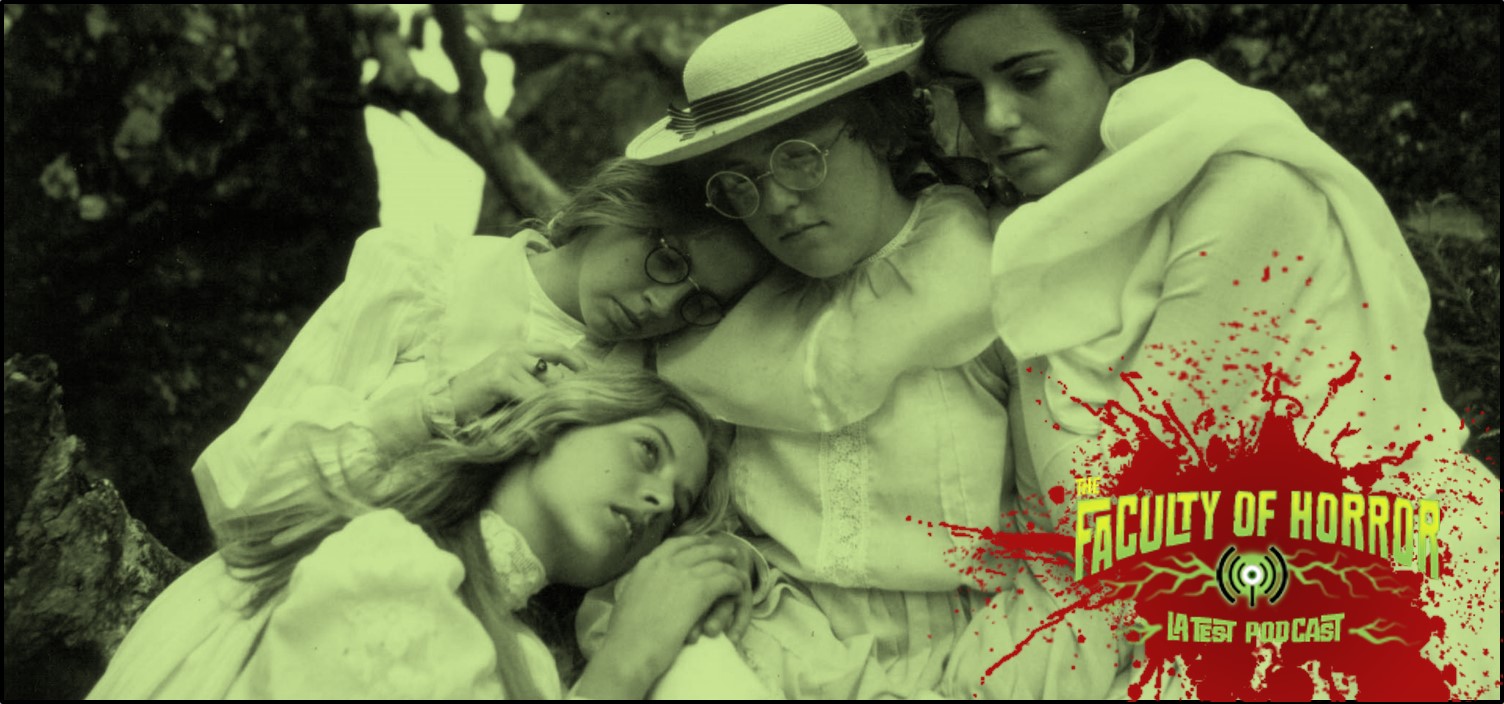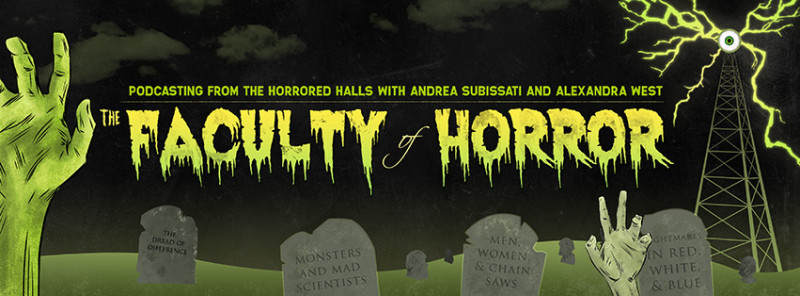 In this episode, Alex and Andrea we venture into the knowns and many unknowns of Peter Weir’s seminal Australian film. From missing white women to colonialism and purity and propriety, we tackle the many mysteries of Hanging Rock.
In this episode, Alex and Andrea we venture into the knowns and many unknowns of Peter Weir’s seminal Australian film. From missing white women to colonialism and purity and propriety, we tackle the many mysteries of Hanging Rock.The Fack Dispatch – Subscribe to our monthly newsletter!
REQUIRED READING
Picnic at Hanging Rock. Dir. Peter Weir, 1975.
EXTRA CREDIT
Gaylords of Darkness’ Episode 71: Their fantastic episode on Picnic at Hanging Rock.
The Secret of Hanging Rock: A PDF of the excised final chapter and accompanying essays.
Miranda Must Go: A campaign to overhaul the tourism surrounding Hanging Rock.
The Uses of Fear: Spatial Politics in the Australian Whiter-vanishing Trope: Elspeth Tilley’s article examining Australian fascination with missing white women.
The Apology and the Battle over Australia’s Founding Myth – Lindy Edward’s piece on reparations in Australia.
LISTEN
Right click or option-click here and choose “Save Target As”
Podcast: Play in new window | Download

Rather than saying anyone “knew better” than to mine Australia for its resources, I would instead say they didn’t know how to exploit those resources to that extent. As Noah Smith pointed out discussing carbon emissions in Bolivia, basically any society of any ideology will prioritize the benefits its inhabitants can get from said resources.
What does it even mean to say that Australian colonialism was “a mirage”? Could the aboriginal people have just pinched themselves to wake up into a world where they aren’t governed by European settlers?
The idea in slashers that sex=death seems to be the result of conflating Halloween with Friday the 13th. In the former, the “final girl” is the one without a boyfriend, but that just means she’s not distracted when Michael Myers goes after her for his own indecipherable reasons. In Friday the 13th, the killer really is motivated by those young people irresponsibly fooling around rather than looking after the campers, but the final girl is NOT exempt from that and is instead having an affair with the man in charge of the camp. In the audio clip you used, David Thompson(?) is talking about the imagery used in the film, which I also think was rather deliberate.
Really enjoyed the discussion of this one which, as an Australian who saw it in the ’70s, has always been close to my heart with its depiction of the corseted Empire meeting a baffling nature. It’s important to note that the setting of 1900 puts it a year before Federation so the European characters on screen are still colonists. Weir and co chose wisely in amping up the eeriness over the drama. The scene where the girls move between two huge grey rocks and seem to vanish into them as the synthesised choral score rises still puts me on edge. Oh, you mentioned Wolf Creek. The working class Bertie is played by John Jarrat (Mick Taylor in Wolf Creek).
I’d thoroughly recommend Weir’s next film, The Last Wave – it has a similarly dreamlike, haunting quality, but prominently features an Indigenous Australian cast and themes.